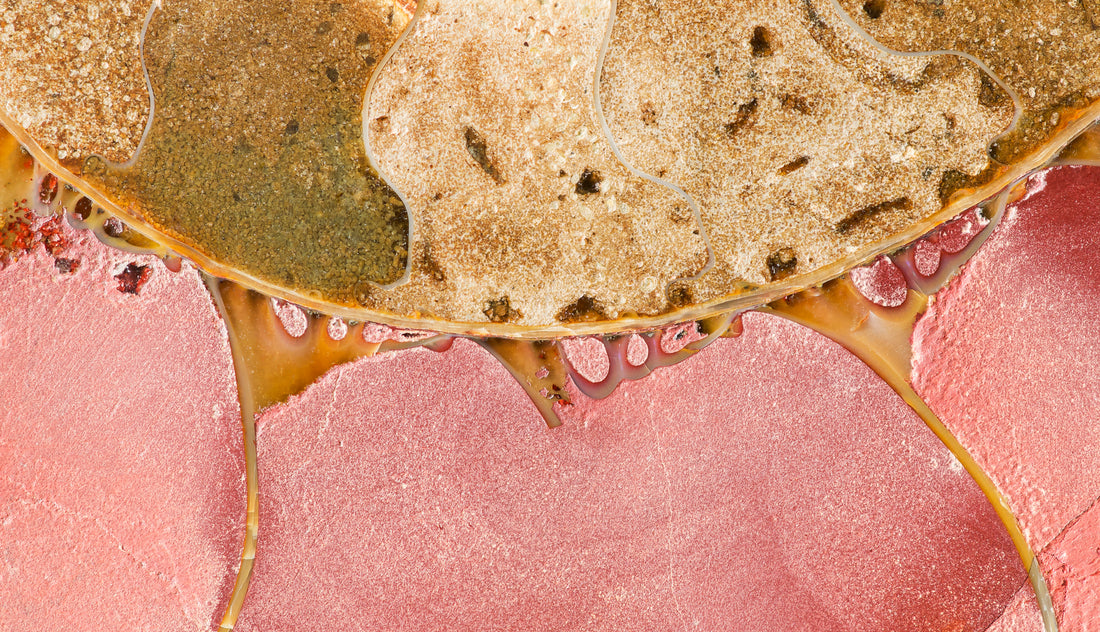
CBD and Homeostasis
Share
Cannabinoids such as CBD (Cannabidiol) are biological compounds that interact with our bodies through our endocannabinoid system (ECS). Depending on the cannabinoid, various effects may result, but one of the major functions of the ECS is to help maintain homeostasis, or balance. But why is homeostasis important, and how might CBD help maintain this important physiological state?
What is Homeostasis?
George Billman, Professor of Physiology and Cell Biology at Ohio State University, defines homeostasis “as a self-regulating process by which an organism can maintain internal stability while adjusting to changing external conditions.” According to Billman, homeostasis “is not static and unvarying; it is a dynamic process that can change internal conditions as required to survive external challenges.” (Billman 2020)
Essentially, homeostasis takes place when an organism involuntarily acts to maintain a healthy physiological balance. The idea of balance as a component of overall health has existed throughout history, whether it be within one’s own body, in nature, or in one’s environment.
Brief History of Homeostasis
Hippocrates (circa 460-370 BC) was one of the earliest proponents of homeostasis, and his assertion, vis medicatrix naturae (nature heals the patient), embodies a balanced approach to treatment. Although most scholars no longer consider Hippocrates to be the sole author of the “Hippocratic Oath,” it still bears his name and is the precursor of ethics codes still in use today.
It was Hippocrates who said, “if you can do no good, at least do no harm” – allow the body (nature) to heal itself if no other recourse is known. This concept is traditionally considered the first “rule” of medical practice, or the “oath.”
The concept of homeostasis continued to evolve after Hippocrates. The ancient Hawaiian concept of Lokahi, for example, embraces the idea of mind-body-spirit interconnectedness, as do the theories of proto-psychiatrists Sigmund Freud, Gustav Fechner, Walter Cannon, and Claude Bernard. Bernard proposed that “La fixité du milieu intérieur est la condition de la vie libre, independante” (Billman 2020). That is, the stability of our internal life affects the freedom of our outer life.
Long after Bernard, the idea of homeostasis as a basis for medical diagnosis and treatment is still with us. Our blood pressure, heart rate, metabolic rate - basically every physiological system - each has a range of function considered optimal for good health. This principal applies physiologically, but also psychologically and spiritually.
Does CBD Promote Homeostasis?
Early studies suggest that CBD may promote homeostasis. Some researchers attribute this to CBD’s ability to influence the endocannabinoid system (ECS), which regulates various physiological processes, including mood, appetite, and pain sensation.
The ECS is composed of two main types of receptors, CB1 and CB2, which are found throughout the body and brain. It’s theorized that CBD interacts with the ECS by modulating the activity of these receptors, triggering a range of effects (Bisogno, et al. 2001).
It is believed, for example, that CBD specifically inhibits the re-uptake of adenosine, resulting in higher levels of it being present in the body (Batalla 2020). Adenosine plays a role in decreasing inflammation and pain, promoting sleep, and regulating mood and cognitive function (Pandolfo, et al. 2011).
CBD’s effect on adenosine levels is likely one of the key mechanisms by which it promotes relaxation - in contrast to stimulants such as caffeine, which suppress adenosine (Stollenwerk, et al. 2021). More research is needed to gain a full understanding of CBD's potential to promote homeostasis, but the initial studies are promising.
Written by Sorcha O'Connor
Sorcha O'Connor is a PhD student at Imperial College London, specializing in psychiatric research. She is currently leading a study on the treatment of OCD. O’Connor writes health-related content and offers biomedical research support to companies, both private and public.
